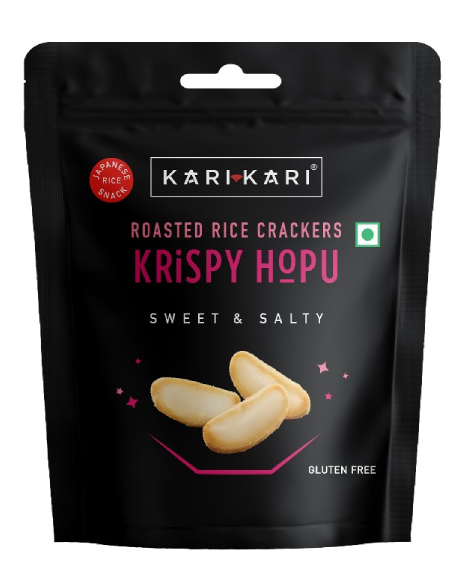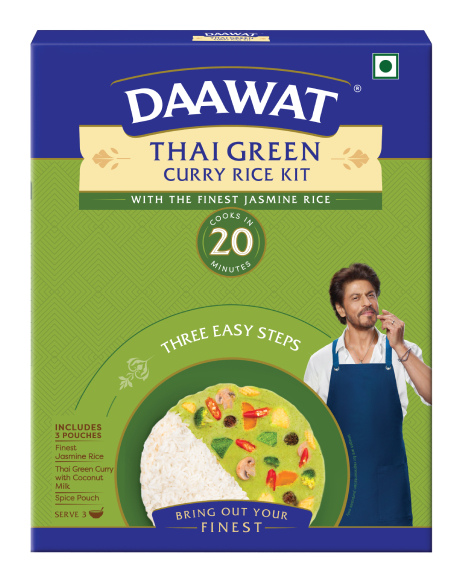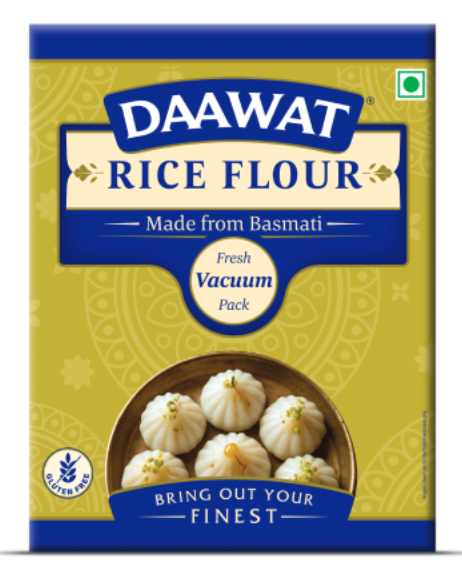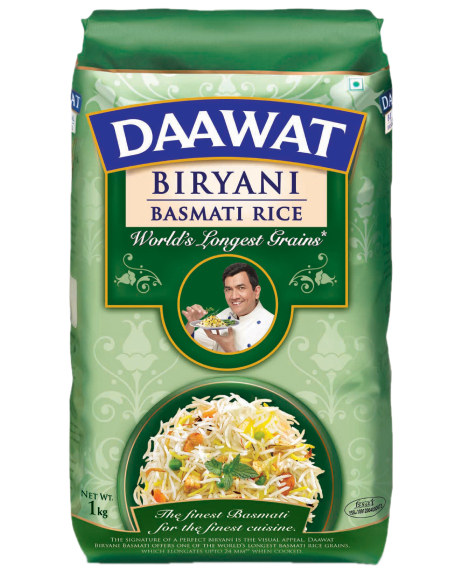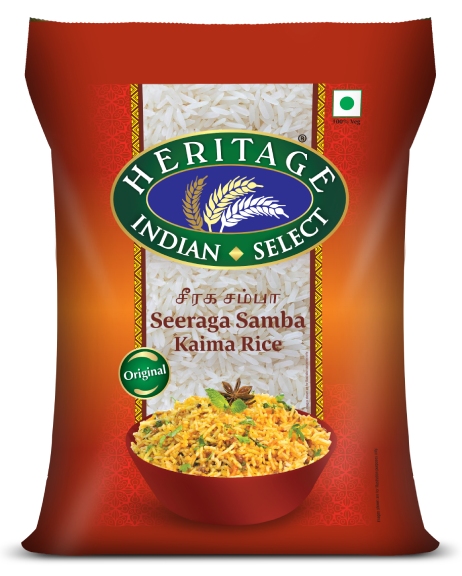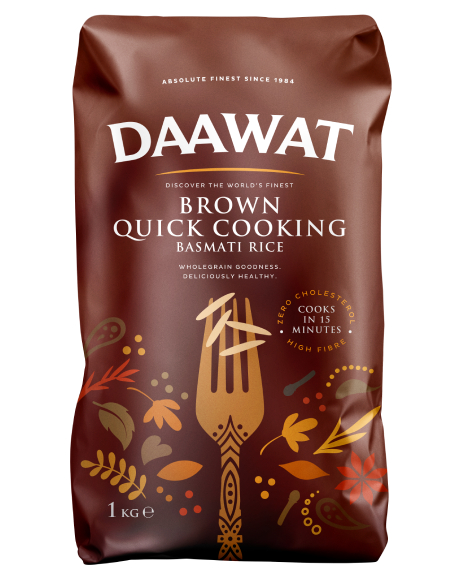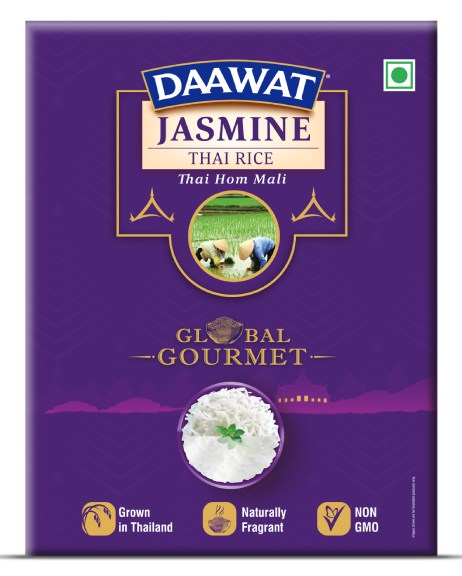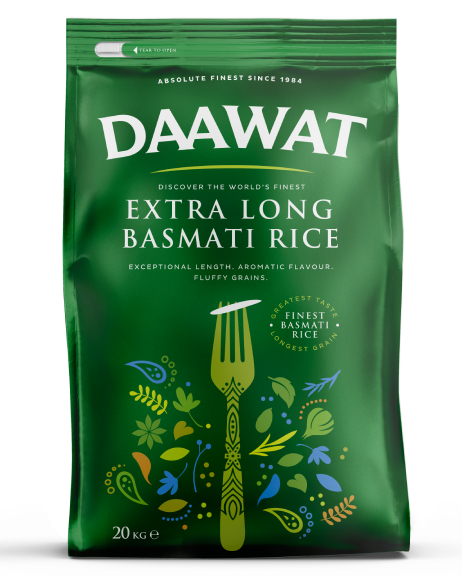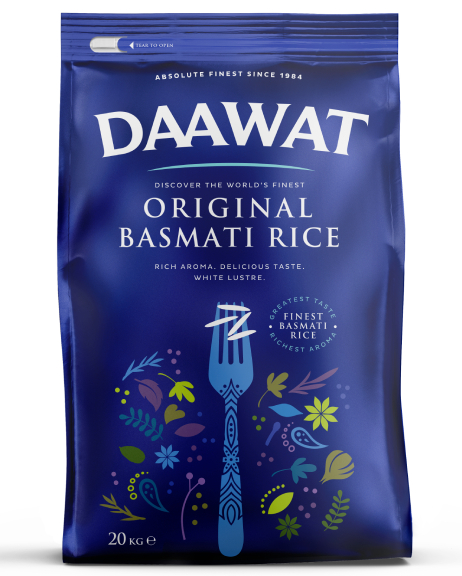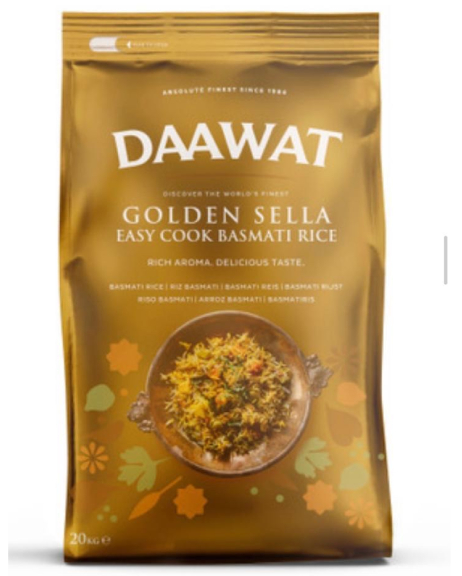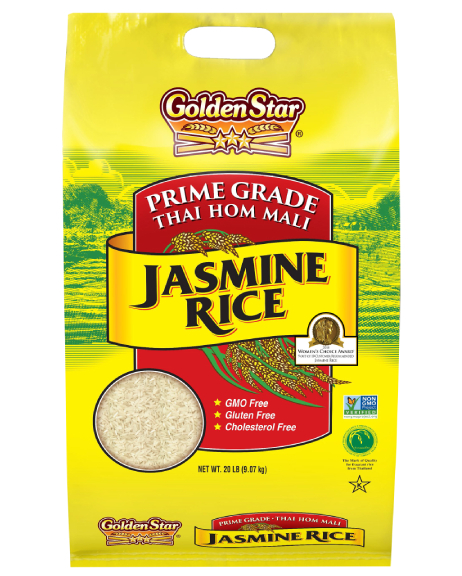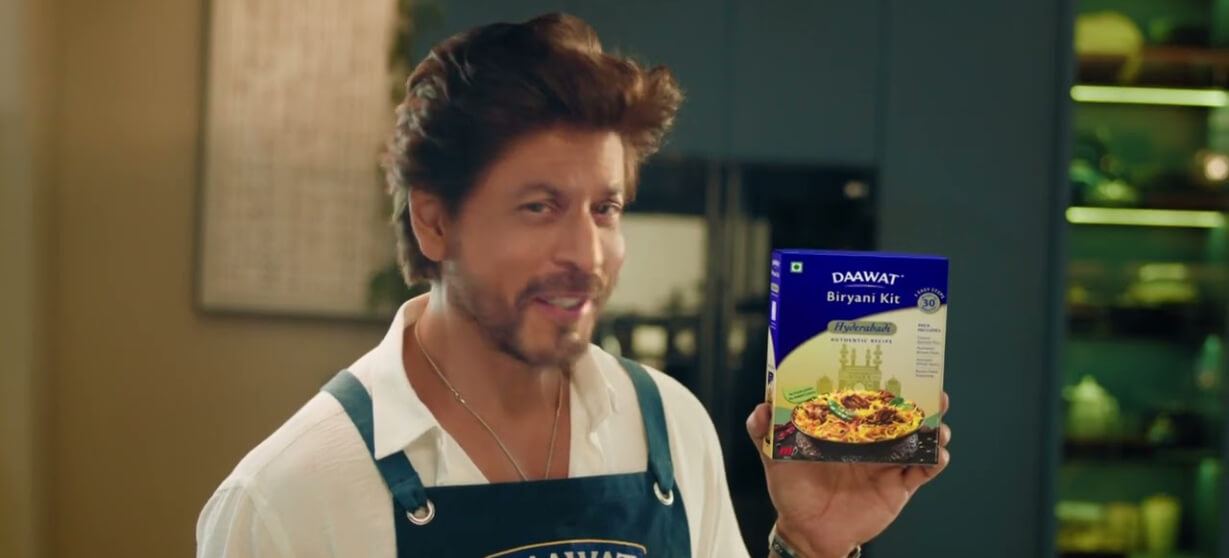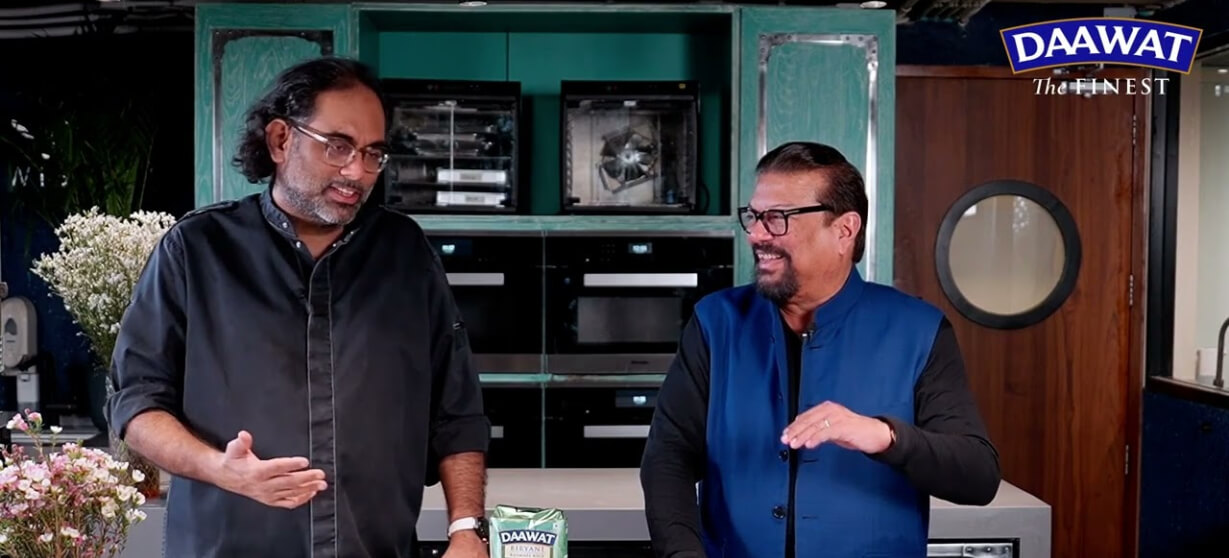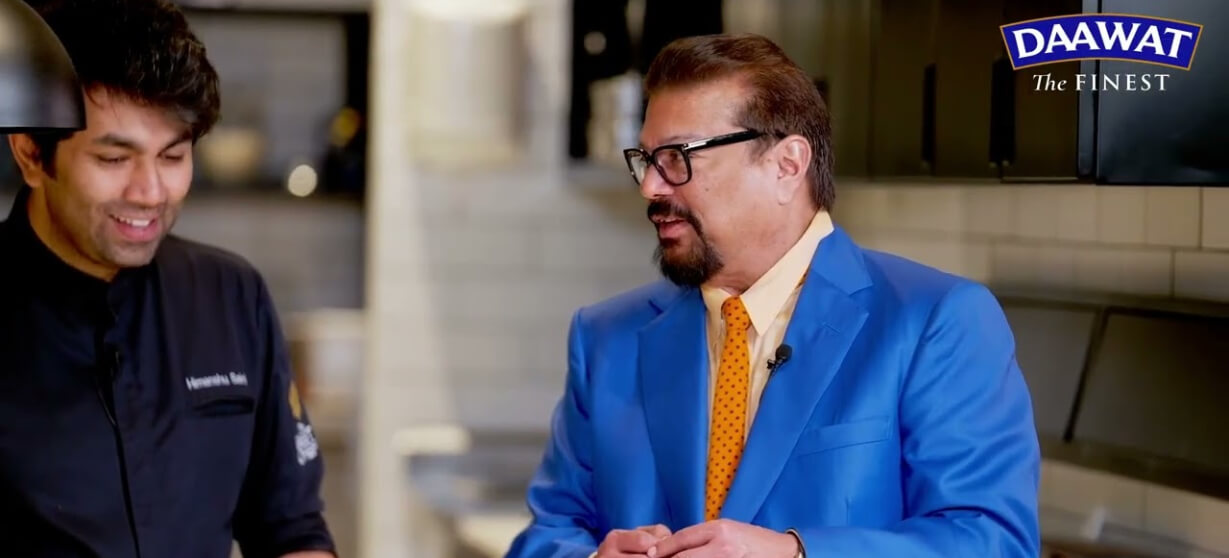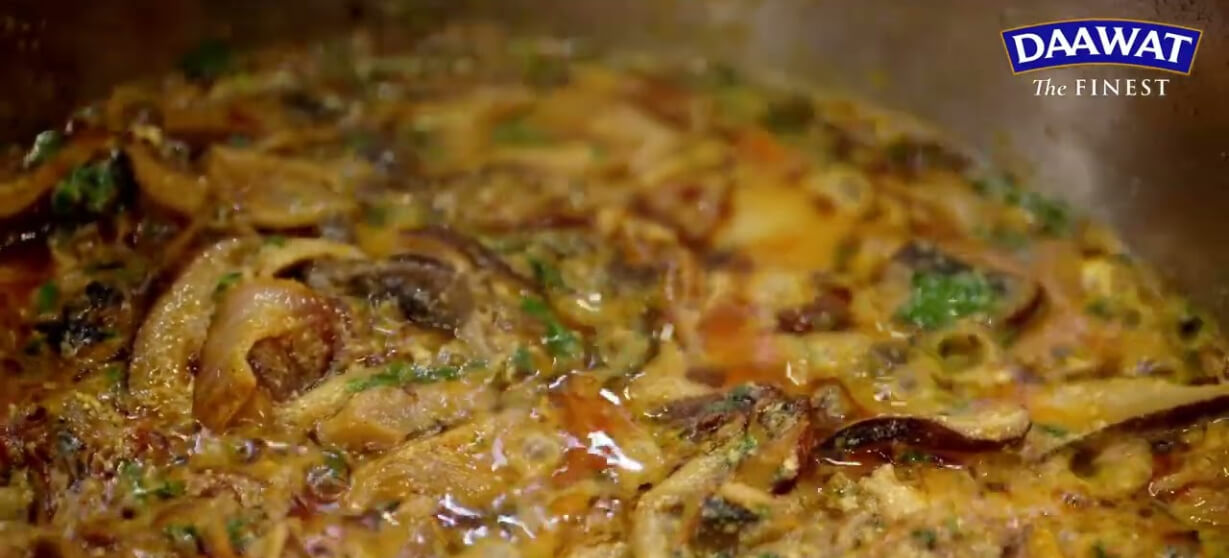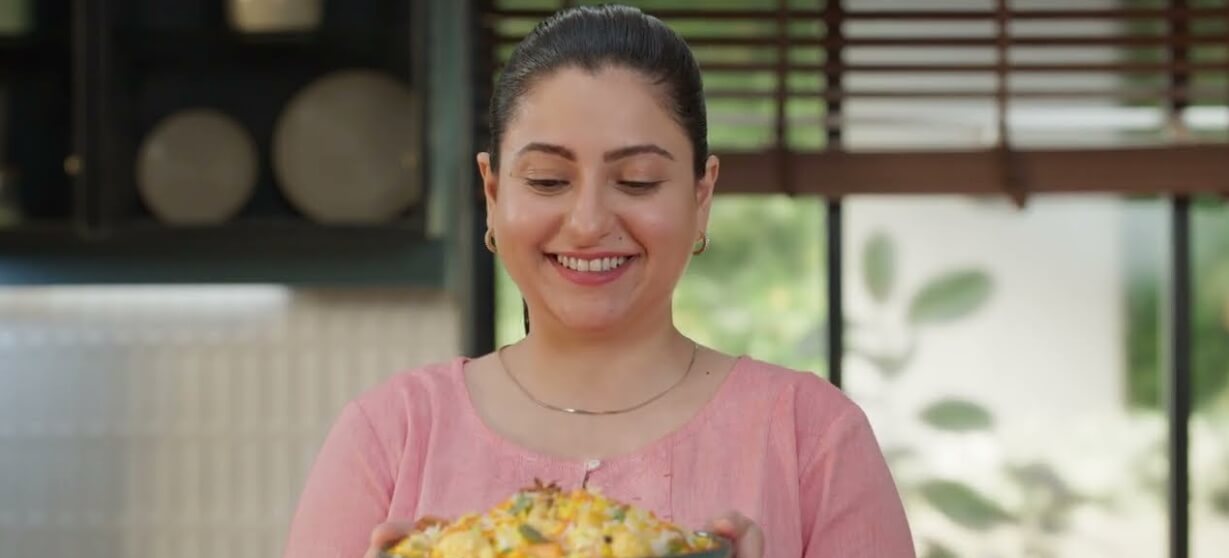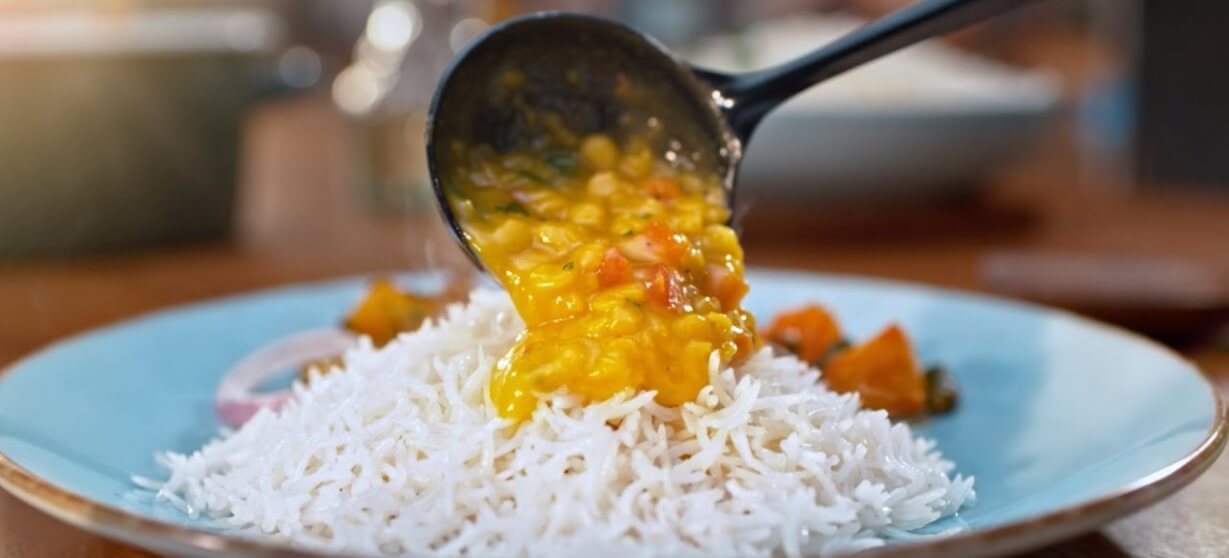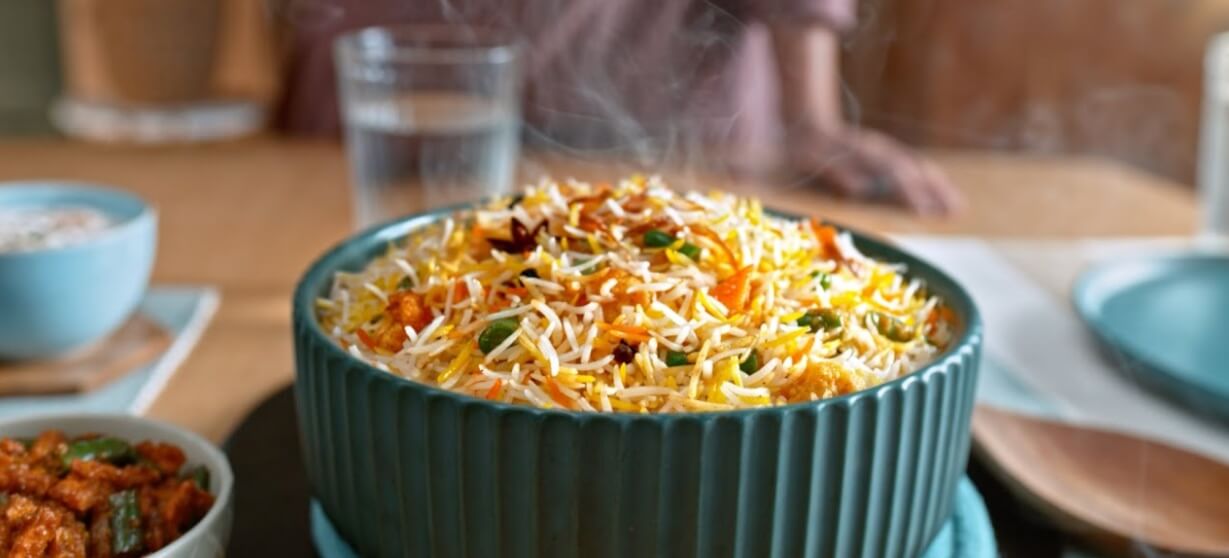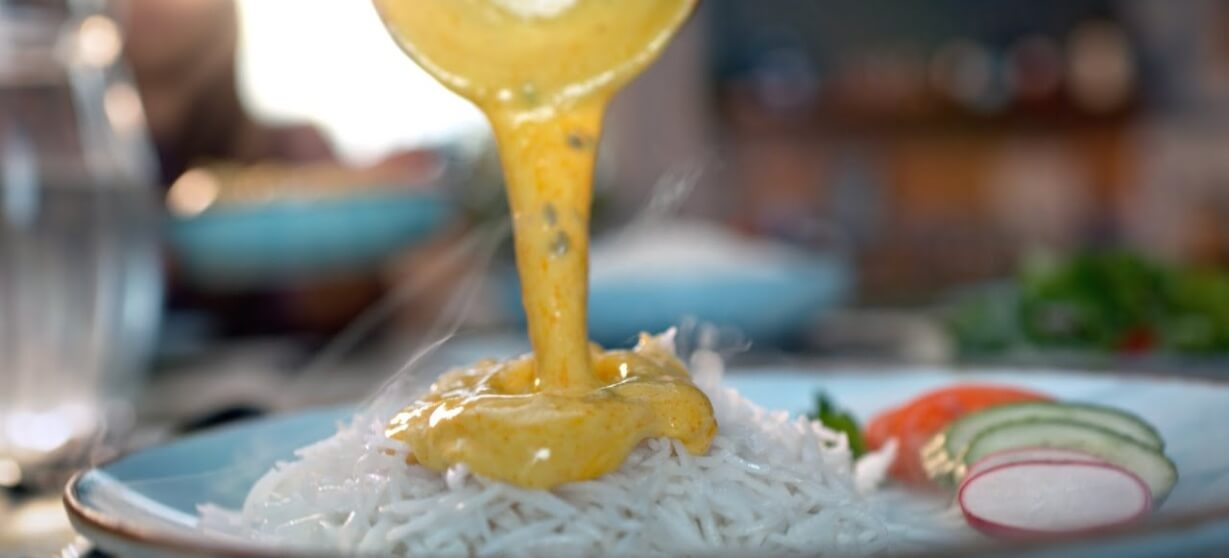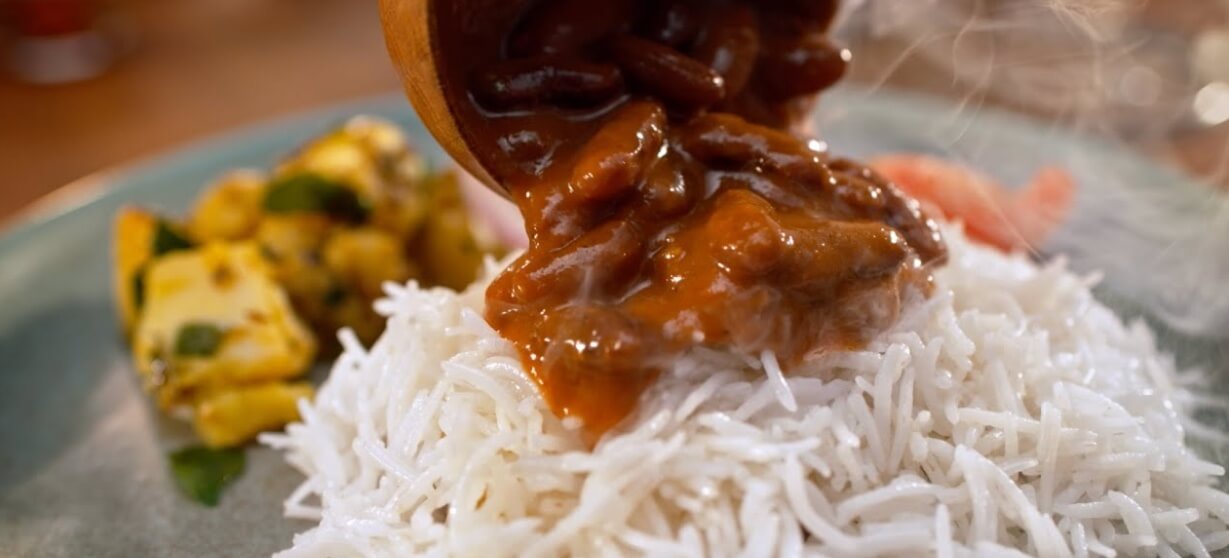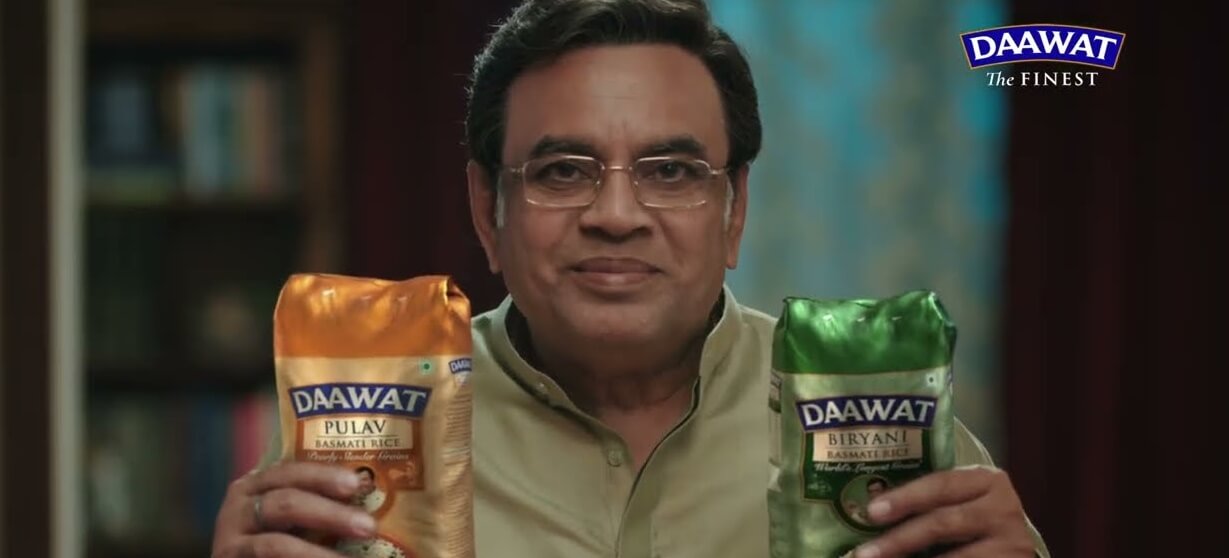
Basmati Rice
and Other Specialty
Rice
LT Foods is a market leader with a diverse variety in Basmati rice, other Specialty Rice, premium regional rice, and Rice-Based products in India and other geographies. This segment is one of our key businesses and currently 84% to our overall revenue. Through this business, we’re present in more than 80 countries with our flagship brands, 'Daawat®', and ‘Royal®'’ and Regional brands such as ‘Heritage’, ‘Golden Star’, ‘817 Elephant’, ‘Gold Seal Indus Valley’, ‘Rozana’ and ‘Devaaya’. Our brands 'Daawat® and ‘Royal®'’ command leadership positions in India and the United States respectively.
Product Showcase
Live with Us
LT Foods FAQs
Globally, the production of basmati rice stands at 11 million metric tons (MMT), with India contributing 8.5 MMT and Pakistan producing 2.5 MMT.
Other varieties of specialty rice include Jasmine rice, Arborio rice and many other premium regional rice varieties.
Basmati rice is only grown in India and Pakistan. And within India it is grown in Punjab, Haryana, Delhi, Jammu & Kashmir and the central part of India.
The processing of Basmati rice begins with the harvesting of fully matured rice grains. After harvesting, the paddy is cleaned to remove impurities such as stones, straw, and dust. In some cases, the paddy undergoes parboiling or steaming to accelerate aging. The cleaned paddy is then dried to reduce moisture levels for proper storage and processing. Next, the outer husk is removed through hulling or de-husking, resulting in brown rice. The rice is then milled to remove the bran layer, followed by polishing to give it a smooth, shiny appearance. After milling, the rice is graded and sorted based on grain size, length, and quality. Often, the rice is aged to improve its texture and aroma. Finally, the rice is packaged and ready for distribution.
Aging is essential to improve the quality of Basmati rice. Freshly harvested rice tends to release starch during cooking, making it sticky and clumpy. Aging helps stabilize the starch, ensuring that the rice cooks into fluffy, non-sticky grains with proper elongation, resulting in better texture and overall quality.
The Jasmine rice industry is valued at $784 million, with an 11% growth according to latest Nielsen data.
LT Foods deals in a variety of regional rice, including:
- Wada Kolam
- HMT
- RNR
- Sona Masuri
- Gobind Bhog
- Joha
- Kala Namak
The procurement regions for each variety of rice are as follows:
- Wada Kolam: Gujarat, Maharashtra, Telangana, Karnataka
- HMT: Telangana, Karnataka
- RNR: Telangana, Karnataka
- Sona Masuri: Uttar Pradesh, Bihar, Telangana, Karnataka, Maharashtra
- Gobind Bhog: West Bengal, Uttar Pradesh
- Joha: Assam, West Bengal
- Kala Namak: Uttar Pradesh, Maharashtra, Madhya Pradesh
Phone
 USA
USA Eur
Eur ME
ME UK
UK







